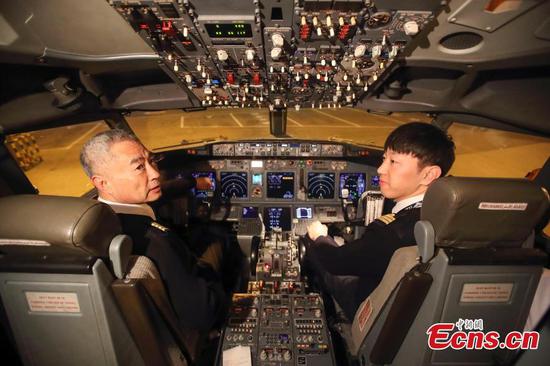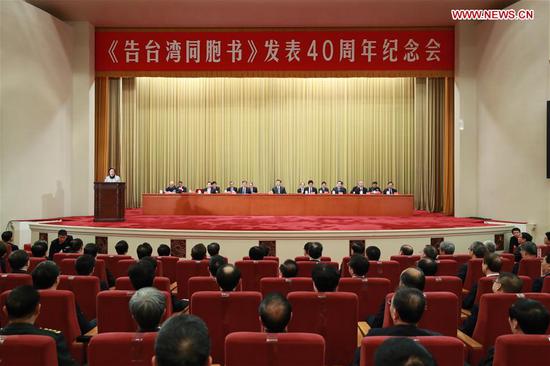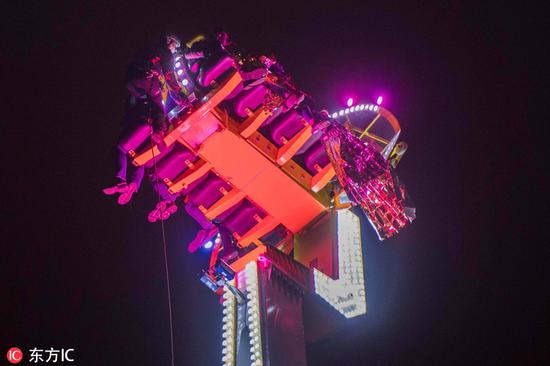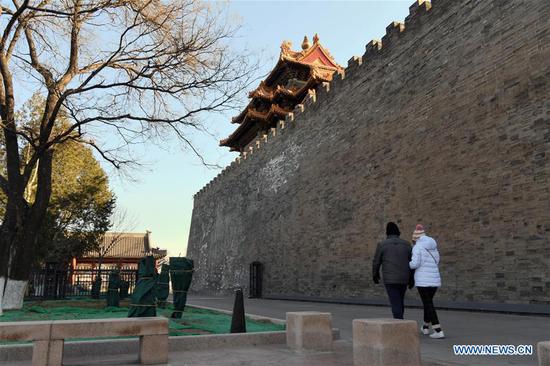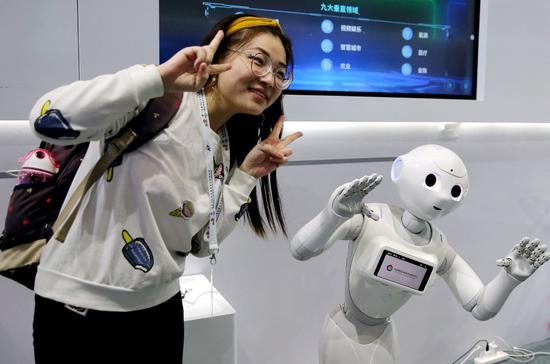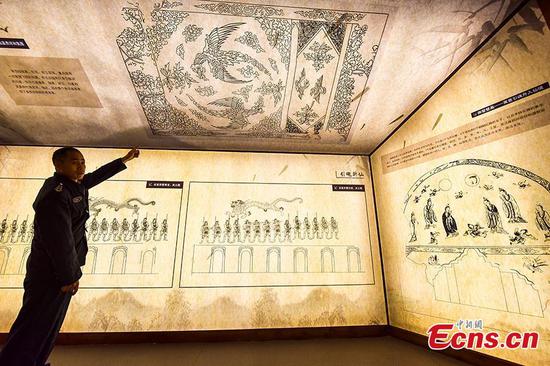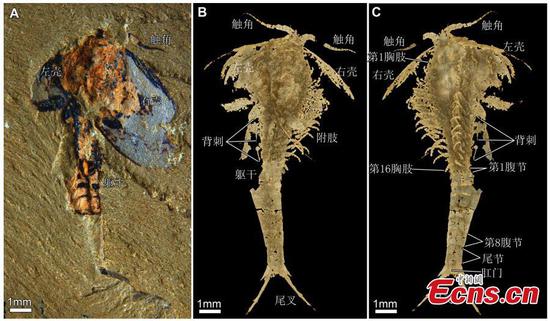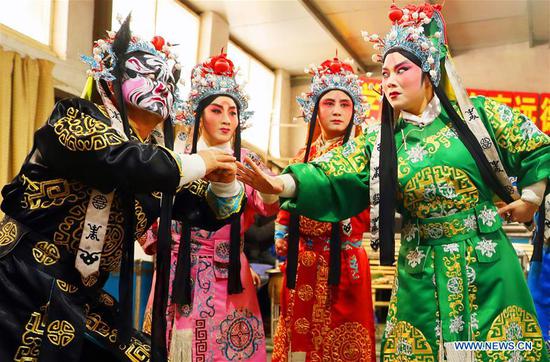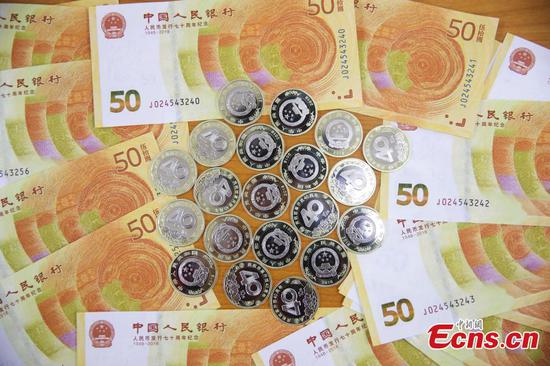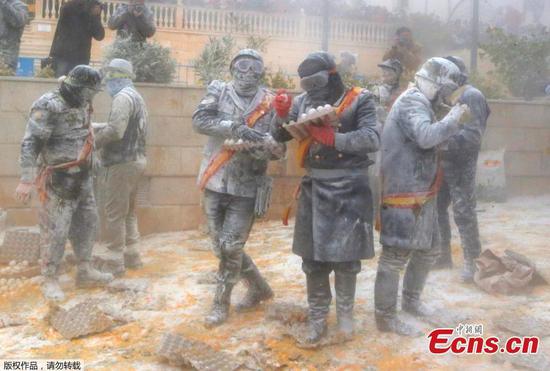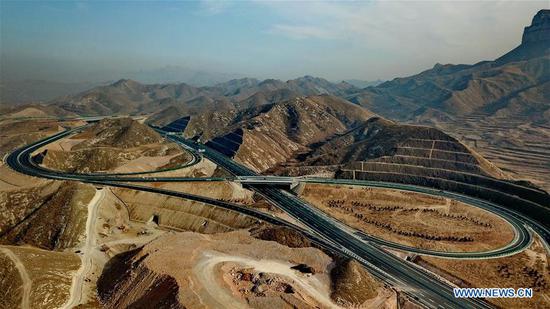While China is seeking high-quality manufacturing growth, policymakers are fully aware of the big gap between its manufacturing development and the international advanced level.
A prominent problem of the Chinese manufacturing industry is that it is big but not strong, said Xin Guobin, vice minister of the Ministry of Industry and Information Technology (MIIT).
China's manufacturing growth level still lags substantially behind that of the international advanced level in terms of labor productivity, efficiency of resource use, return on investment and total factor productivity, said Xin.
"If China doesn't make changes passively and proactively, the development chance brought by the new round of technological and industrial revolution will be lost," said Xin.
To promote high-quality manufacturing development, China will simultaneously foster and develop emerging industries while renovating and upgrading traditional industries, according to Xin.
"China should put innovation at the core of industrial development and strengthen its efforts in core technology breakthroughs," said Miao Wei, head of the MIIT.
In 2019, the MIIT will intensify the examination and estimation of its national manufacturing innovation centers, implement dynamic management, continue to carry forward major national science and technology projects while promoting intellectual property protection and standardization.
China will foster new technologies, new organizational forms, and new industrial clusters while swiftly resolving zombie enterprises, according to Miao.
The MIIT will further reduce tax and fee burdens on enterprises in 2019 and advance reform to delegate power, streamline administration and optimize government services, said Miao.
At the annual Central Economic Work Conference in December, policymakers agreed to promote the integration of advanced manufacturing and modern service sector and build China into a quality manufacturer.










